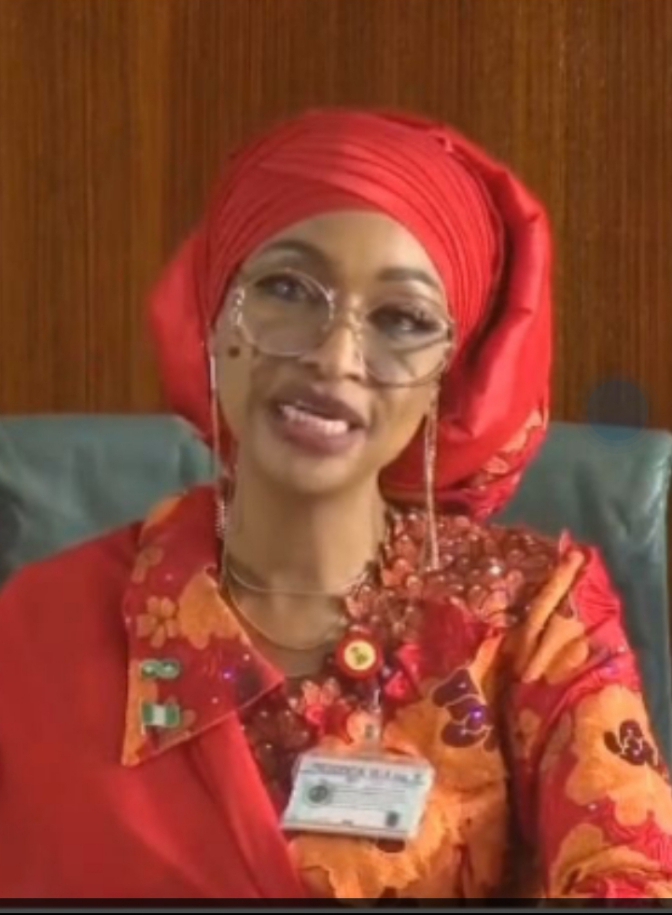The Federal Government of Nigeria has approved the establishment of the Creative and Tourism Infrastructure Corporation (CTIC), a Special Purpose Vehicle (SPV) designed to bridge the infrastructure gap in the country’s creative industries.
The initiative, which was presented by the Minister of Art, Culture, Tourism, and the Creative Economy, Hannatu Musawa, at Monday’s Federal Executive Council meeting is designed to drive economic growth, enhance cultural preservation, and project Nigeria’s cultural soft power globally.
The Creative and Tourism Infrastructure Corporation (CTIC), will operate under a public-private partnership framework, attracting both local and international investors to support its goals.
CTIC’s primary objective is to provide the necessary infrastructure for the creative industries to generate $100 billion for the Nigerian economy and create 2 million jobs. This ambitious goal aligns with Presidential Priority 7, which aims to accelerate economic diversification through the creative arts and innovation.
The Ministry of Art, Culture, Tourism, and Creative Economy has engaged development partners and stakeholders, including international organizations like AFREXIM, IFC, World Bank, AfDB, AFD, EU, Ford and Rockefeller Foundations, and UNESCO, to develop innovative infrastructure development and financing approaches.
CTIC will operate as a limited liability company, with the Nigerian Government holding a 25-49% minority stake through the Ministry of Finance Incorporated (MOFI). This governance structure ensures that CTIC will be governed by a competent Board of Directors and management team with reputable experience in the creative sector and relevant industries.
CTIC’s priority projects include the rehabilitation of Obudu Resort and Yankari Game Reserve, development of the Abuja Creative City, establishment of 5,000 cinema screens, the creation of a Creative City at the Wole Soyinka Center in Lagos, and the launching of a Centre for African Arts, among others. These projects will not only enhance infrastructure but also create opportunities for creatives, promote inclusive growth, and ensure environmental sustainability.
Minister Musawa stated that the government is intentional about creating an environment that supports the growth of the creative and tourism industries, and is committed to securing investments and adopting innovative financing models to support the CTIC projects.
“The establishment of CTIC initiative marks a significant milestone in our journey to unlock Nigeria’s economic potential. We are committed to providing the necessary infrastructure to support the growth of our creative industries and promote Nigeria’s cultural heritage and creative output globally.
“This is a deliberate strategy by President Bola Tinubu’s administration to diversify the economy beyond oil and tap into Nigeria’s vast creative and cultural wealth.
“Everyone talks about Nigeria’s creativity. Our content is globally celebrated, from Nollywood to Afrobeats. But what we lack is the infrastructure to support and sustain this growth. Imagine the impact if events like ‘Detty December’ in Lagos was backed by world-class infrastructure. The value would be exponential,” Musawa said.
The approval by the FEC marks the beginning of a new era for Nigeria’s creative and tourism industries, and the government is poised to work with stakeholders to make this vision a reality.

